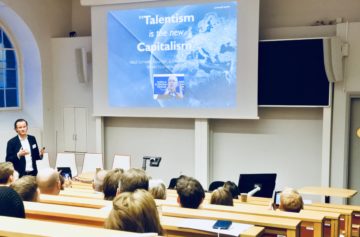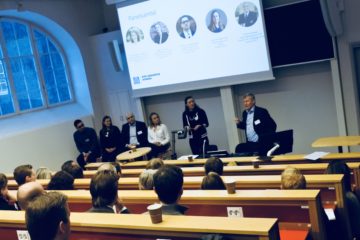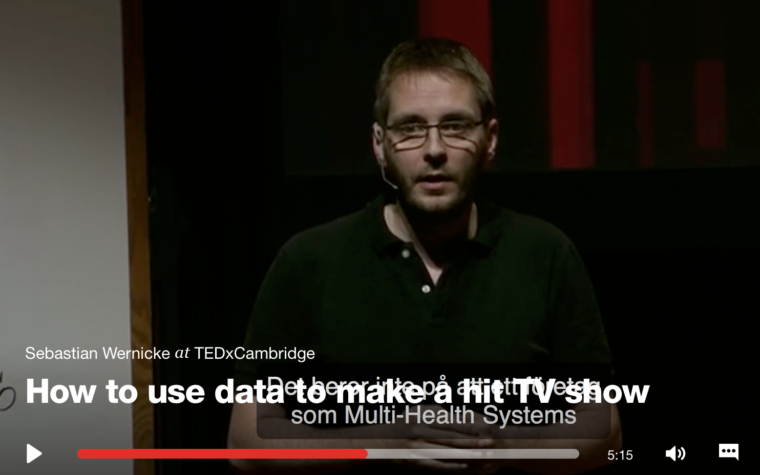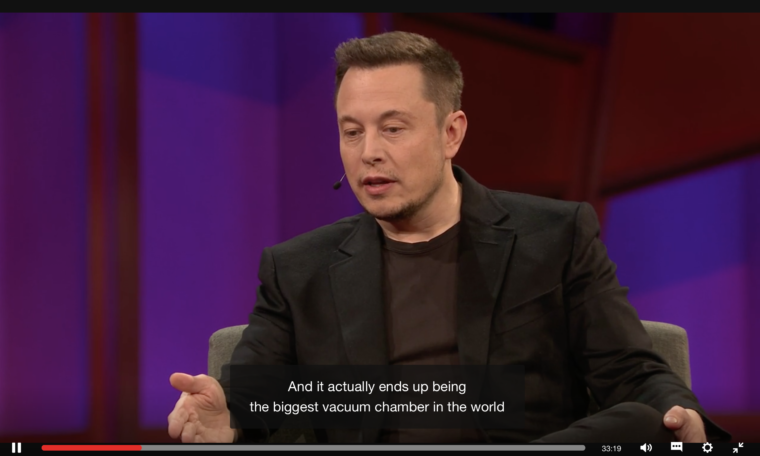Klaus Schwab, Founder and Executive Chairman of the World Economic Forum, thinks so and said as much as he opened 2013´s event in Davos. Today we started the day at KTH Executive School together with fifty persons working within consultancy discussing exactly this, attracting and engaging young professionals. The CEO of Universum was there to present their numbers of what engineering students think about their careers and their future and a panel of your professionals gave their point of view.


Do you want to improve they way you and your organisation adress this issue? Contact Johan Olsson to get help. The question is also adress within our Executive Program Consultancy Management.


 The
The 
 Our experience from working with Swedish companies in developing their strategies, skills and mindset of working with innovation is following: They are great in facing the operational challenges of today and to discuss strategies of the distant future, but the gap in between, where the journey from today to the future will take place, many companies are lost. A methodology for working with both present, future and the time in between is Three Horizon Methodology for Innovation.
Our experience from working with Swedish companies in developing their strategies, skills and mindset of working with innovation is following: They are great in facing the operational challenges of today and to discuss strategies of the distant future, but the gap in between, where the journey from today to the future will take place, many companies are lost. A methodology for working with both present, future and the time in between is Three Horizon Methodology for Innovation.
